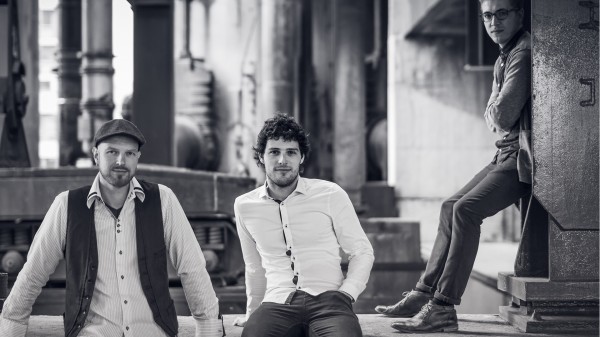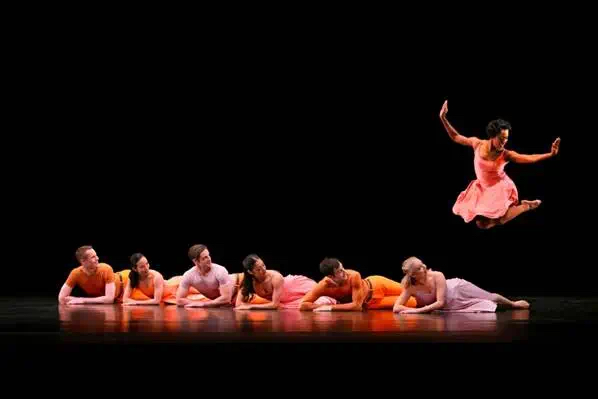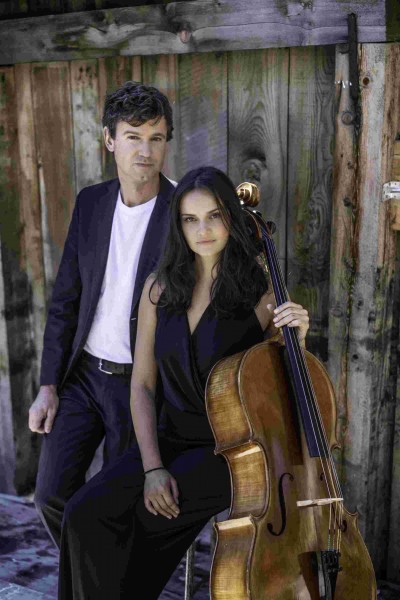Kammerchor Stuttgart 2014 China Tour
Performance Date
August 6, 2014 Beijing
August 7, 2014 Shanghai
August 9, 2014 Guangzhou
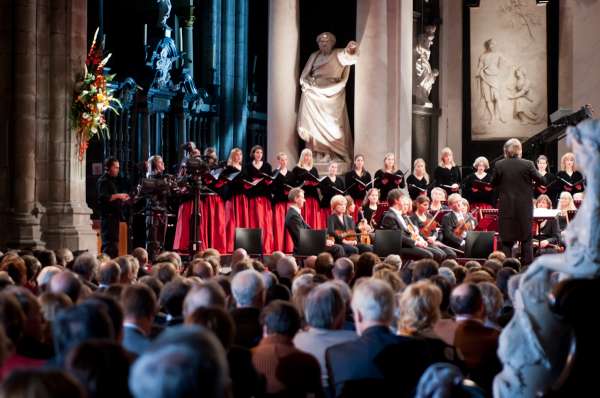
The Chamber Choir
The Kammerchor Stuttgart ranks as one of the leading ensembles of its kind. During the forty years of its existence, Frieder Bernius has developed the choir into an extraordinary phenomenon which is valued by audiences and critics alike. The well known "Frankfurter Allgemeine Zeitung" reported that it was “a vocally wonderfully constituted ensemble with every imaginable virtue from lyrical brilliance and utterly perfect purity of intonation to a malleability in text declamation which could hardly be surpassed.” The ZEIT an other international german newspaper, wrote recently “No superlative is wasted, to praise this choir.”
So this élite choir was subsequently invited to all the major European festivals, visiting such places as Flanders, Linz, Salzburg, Göttingen, Schwetzingen, Witten, Dresden, Kassel, Brussels, Nuremberg, Ludwigsburg, Leipzig, Halle, Budapest, Innsbruck, Merano, Vézelay and the Rheingau Music Festival.
Hence the choir's repertoire extends from the 17th to the 21st century. Only medieval and renaissance music is excluded. The choir's flexibility, however, relates not only to styles but also to musical genres, the Kammerchor being just as much at home with a-cappella singing as with operas and oratorios. It also figures as an ensemble of solo singers.
Over 90 gramophone records and CDs featuring the choir have been released by EMI, Sony and Carus, around 40 of which received international record awards (Edison, Diapason d'or, Classical Internet Award, numerous Preise der Deutschen Schallplattenkritik, ICMA ). This was an acknowledgement by the musical Press of the Kammerchor's great virtues of homogeneity, perfect intonation and aural transparency. Since 1984 the choir has also visited Israel every other year. Various invitations to tour North America and Asia in similarly document the world-wide reputation since of the Kammerchor Stuttgart.
The Conductor
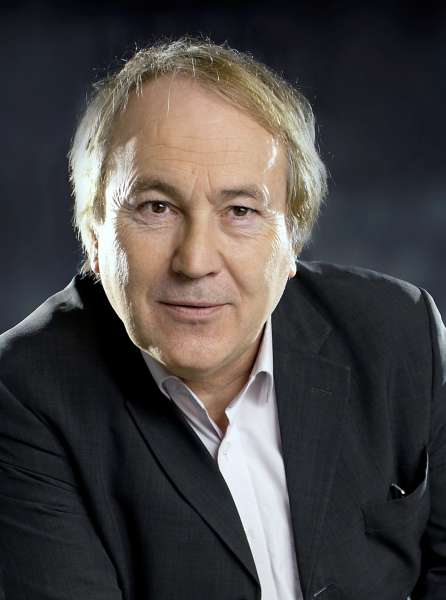
Whether directing vocal works by Monteverdi, Bach, Handel, Mozart, Beethoven, Fauré and Ligeti, the stage music of Mendelssohn, or symphonies by Haydn, Burgmüller and Schubert, he is always aiming for a musical ideal orientated to original period sound, but also unmistakably personal. He devotes himself to the rediscovery of 18th-century operas on the one hand, and premières of contemporary compositions on the other.
He has given concerts at all the major international festivals, visiting Flanders, Linz, Salzburg, Brussels, Leipzig, Dresden, Schleswig-Holstein, Holstein, Schwetzingen, Budapest and Innsbruck in addition to repeatedly touring the Far East, Canada, Israel, Australia, Asia and the USA. He has directed the World Youth Choir four times and has also guested at four World Choral Music Symposia. As a guest conductor he has appeared with such orchestras as the Deutsche Kammerphilharmonie Bremen, the London Philharmonic Orchestra and the Stuttgarter Kammerorchester.
In 1987 he founded the Internationale Festtage Alter Musik Stuttgart (which since 2004 has enjoyed further success under the name of Festival Stuttgart Barock). This festival immediately made Stuttgart a center of historically informed performance practice and the location of widely noted rediscoveries of forgotten musical treasures.
Frieder Bernius' work is documented on many recordings and CD albums. So far he has made around 100 recordings, which have received some 40 international awards such as: ‘Choc du Monde de la musique’, ICMA-Award for the best choral work 2013 and the ‘Edison Klassiek’ for his Schuetz and Bach recordings, the ‘Diapason d’Or de l’année’ for Mozart’s Requiem and many ‘Quarterly Awards of the German Record Critics’ for a-capella recordings.
He was awarded the Bundesverdienstkreuz am Bande for services to German musical life in 1993 and the Robert Edler Prize for Choral Music in 2001. In 2002 he gained the Verdienstmedaille of the State of Baden-Württemberg, and in 2004 he received the Schwäbisch Gmünd Prize for European Church Music and 2009 the Bach Medal Leipzig.
“No superlative is wasted in praise of this choir … Not only the image of the composer will be forever changed through this complete recording.”
“Thus it is a piece of good luck that in this anniversary year the conductor Frieder Bernius has now completed his comprehensive CD edition of the church music.”
Missa brevis (Kyrie und Gloria) für 16 Stimmen von Karl Christian Fasch
(1736-1800)
Sanctus, Benedictus und Agnus Dei für Solisten und zwei fünfstimmige Chöre von Louis Spohr (1784-1859) Psalmen zu acht Stimmen von Felix Mendelssohn Bartholdy
Psalm 130 für sechs Stimmen von Arnold Schönberg (1874-1951) Hölderlin-Phantasien für 16 Stimmen von György Ligeti (1923-2012)
Lieder und Gesänge von Felix Mendelssohn, Robert Schumann (1810-1856) und Johannes Brahms (1833-1897).
Dieses Programm dauert 85 Minuten. Es fehlt noch ein Werke des 17.Jahrhunderts oder des 21. Jahrhunderts.







